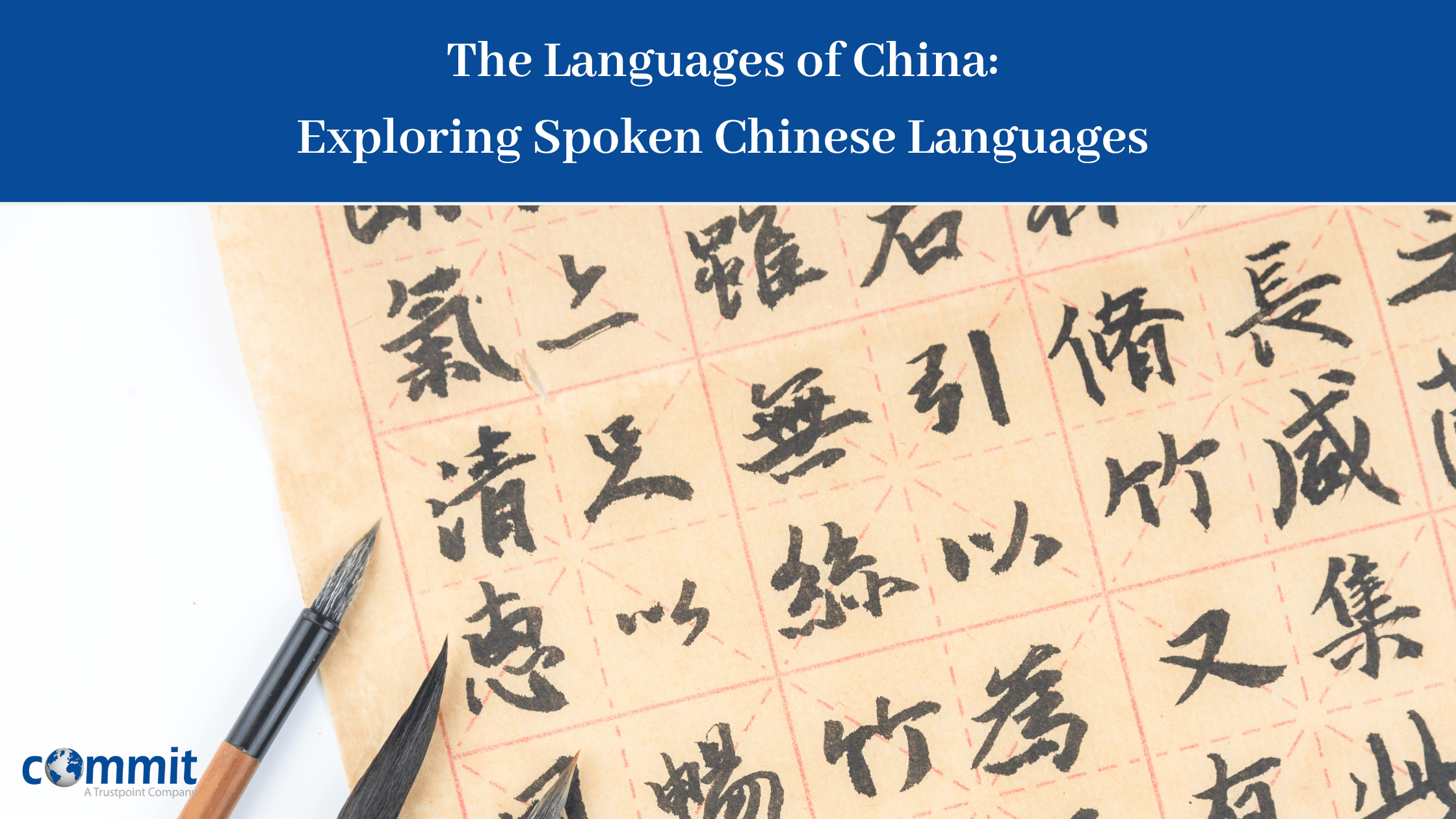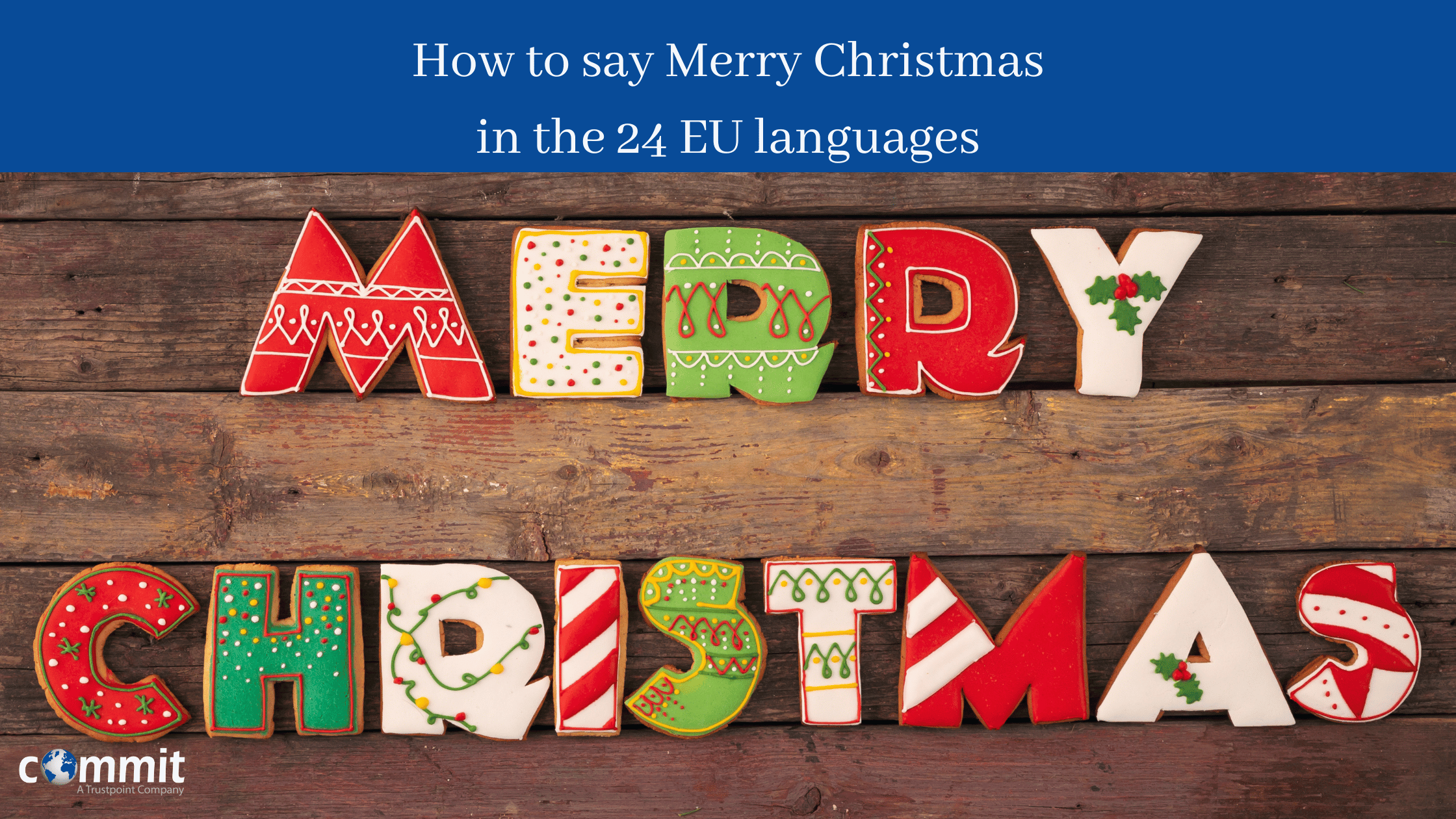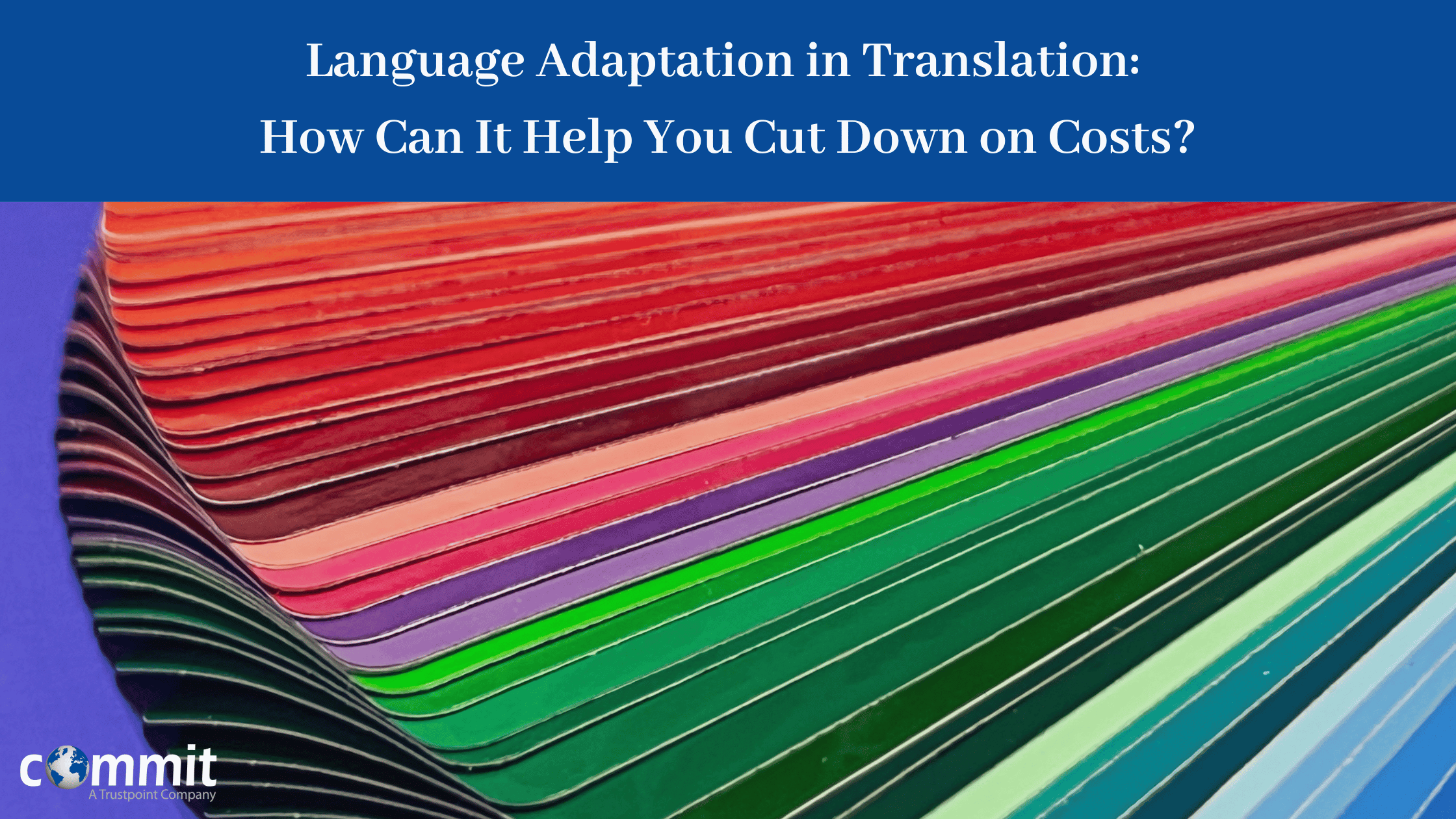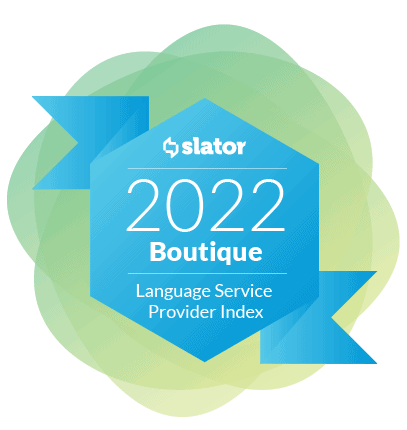|
Listen to Post
|
Listen to this article now:
Imagine a French patient being asked at a baseline clinical trial visit to name the State they live in, a question intended to assess their mental ability for spatial orientation. An awkward moment perhaps for the healthcare professional conducting the examination, and surely for the patient too, but most importantly a danger against the reliability of the data gathered through that French version of the assessment questionnaire.
The reliability of clinical data gathered from multiple geographies is critical and, when it comes to translating clinical assessment instruments, equivalency across languages is key. Though an American patient would naturally be expected to know the name of the State they live in, the expectation from a French patient would only be equivalent if they were instead asked to name the “région” they live in.
Given the evident need for accuracy and country-specific cultural relevance, linguistic validation has emerged as a set of good practices and guidelines to enhance the translation process for various types of clinical trial-related content.
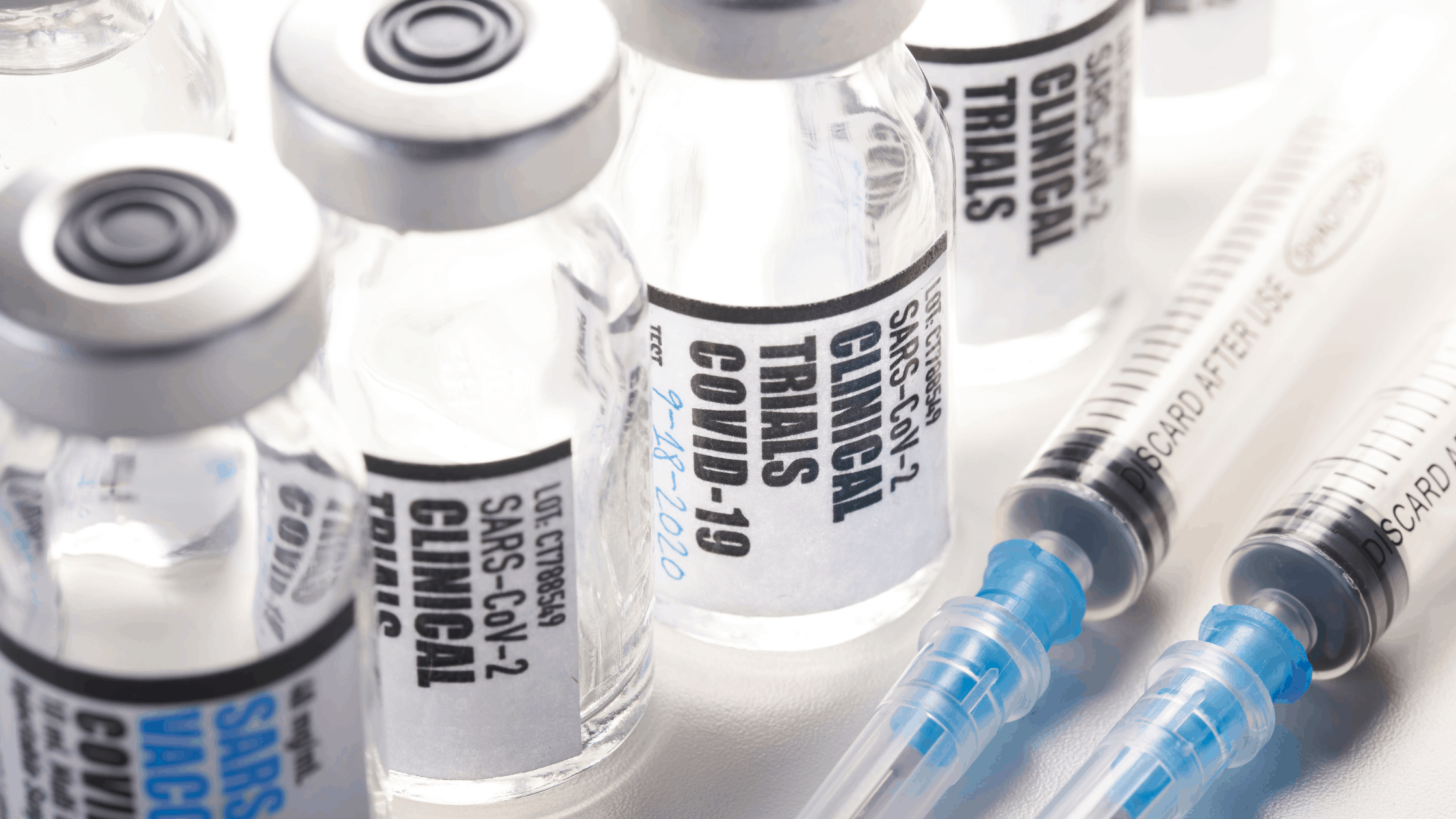
What is linguistic validation for clinical trial content?
In the context of clinical trials, linguistic validation is used as a workflow for translation and cultural adaptation. It aims to ensure that translated clinical trial content is:
- fully comprehensible,
- accurate,
- culturally relevant, and
- conceptually equivalent to the content originally authored in a given source language.
The workflow includes various steps to ensure the translation is checked multiple times, by different people, from different angles and different perspectives.
What does it involve?
According to the ISPOR principles, proposed as a set of good practices for linguistic validation, the following sequence of steps is involved:
- Preparation – including scale management and key concept index creation
- Forward Translation – performed by two (or more) translators
- Reconciliation – comparing the two forward translations to conclude to one, ‘optimal’ translation
- Back Translation – translating the reconciled forward translation into the source language
- Back Translation Review – comparing the back translation with the source language content
- Harmonization – resolving any discrepancies across all translations produced in the previous steps and ensuring equivalency with the source language content
- Cognitive Debriefing – testing the harmonized translation in a group of locally recruited patients for each language
- Review of Cognitive Debriefing Results and Finalization – applying any necessary edits to finalize the translation
- Proofreading – review of the finalized translation
- Final Report – documenting the linguistic validation process followed
For more detailed information, read our article on Linguistic Validation services in Life Science Localization.

Which clinical trial content requires linguistic validation?
When it comes to clinical trials, the content that is most eligible for full linguistic validation would be the Clinical Outcome Assessments (COAs). These assessments are used to support clinical trial endpoints and thus translation quality, in terms of both accuracy and equivalency as stressed before, is of outmost importance.
COAs include different types of measures:
- Patient-reported outcomes (PROs) – these are outcomes reported directly by the patient about their health state, usually via a self-assessment report or an interview.
- Clinician-reported outcomes (ClinROs) – these are measures provided by healthcare professionals based on observation of the patient, clinical findings and their interpretation.
- Observer-reported outcomes (ObsROs) – such outcomes are reported by someone close to the patient, such as their caregiver or a parent.
- Performance outcomes (PerfOs) – these are measured based on the performance of a patient in completing a given task following specific instructions.
However, there can be more types of clinical content where linguistic validation can prove to be fit for use, either in full or only involving some of the workflow steps listed above. Some examples of such content would be clinical trial enrolment brochures & forms for patients, product information sheets, etc.
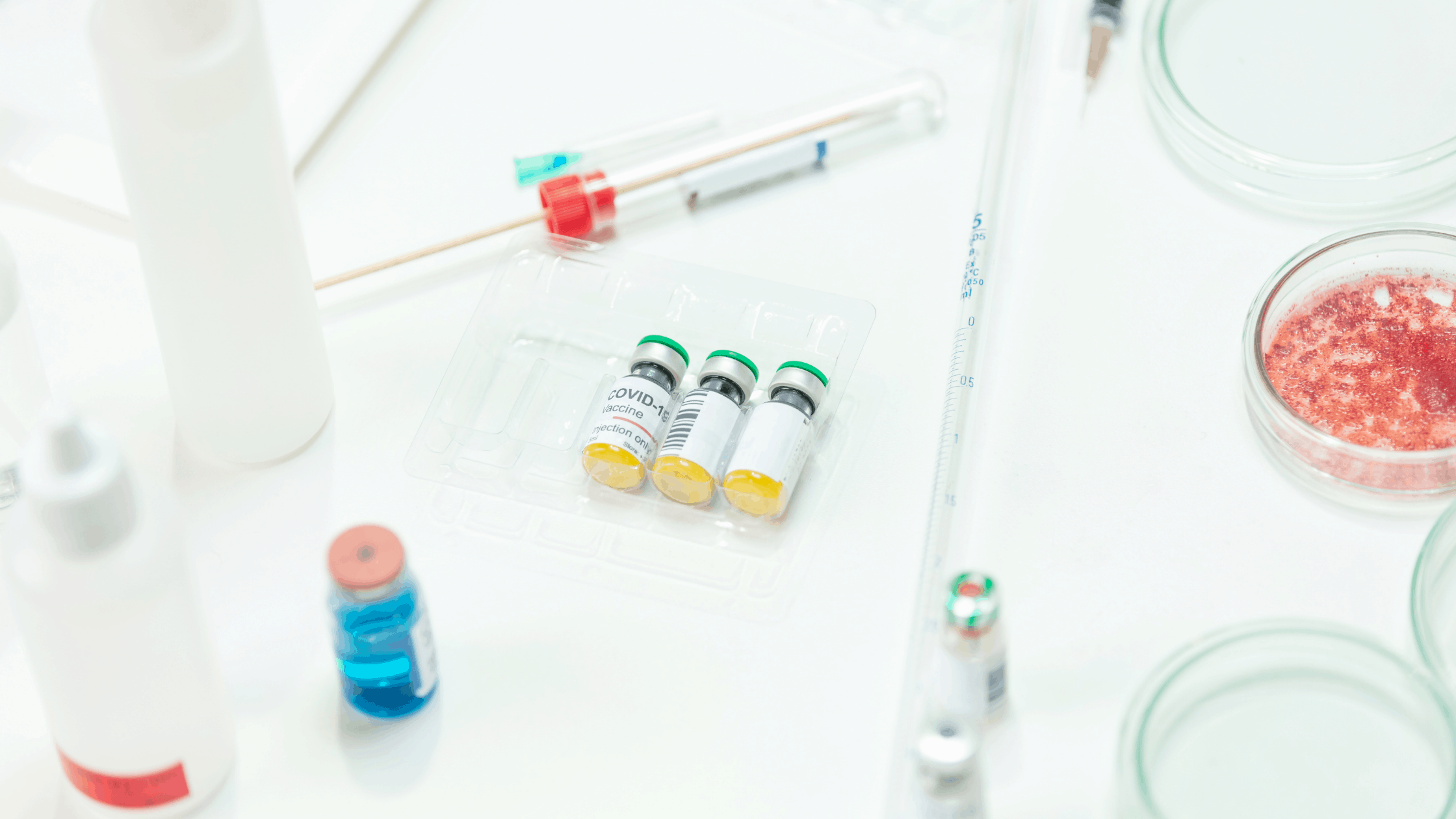
Linguistic validation with clinical trial translation experts
Though the linguistic validation workflow itself is structured in such a way to ensure high quality translations are in order, it goes without saying that it is imperative for the right professionals to be involved in each step of the process.
The translation steps, both forward and backward, require qualified medical linguists. It is important to involve linguists who:
- are native in the target language and local in the target country,
- understand the context of clinical trials, as well as that of the disease or disorder and the medical product studied in a given trial,
- have professional experience and relevant knowledge and specialization,
so that they handle terminology, style and cultural elements correctly, accurately and with equivalency in mind.
Alongside the linguistic side of things, having the right people orchestrate the entire workflow, properly select the resources involved, and track progress and adherence to the specs of each step is key.
So, watch out for clear-cut processes and deep knowledge of what linguistic validation is and why it is important when planning out your clinical trial content localization strategy. Despite the workflow being only suggested as a good-practice framework, the value of linguistic validation is grand as long as it is performed by the right team of people and with the right set of skills.
If you want to learn more about our linguistic validation services, visit our Life Sciences localization page.
Read also:
5 Steps to Success with Clinical Trial Translations
Informed Consent Translations: The Importance of Understanding
The Importance of Accuracy in Medical Translations – The Case Of Willie Ramirez
Why is language translation so crucial in clinical trials?
Linguistic Validation Services in Life Sciences Localization


